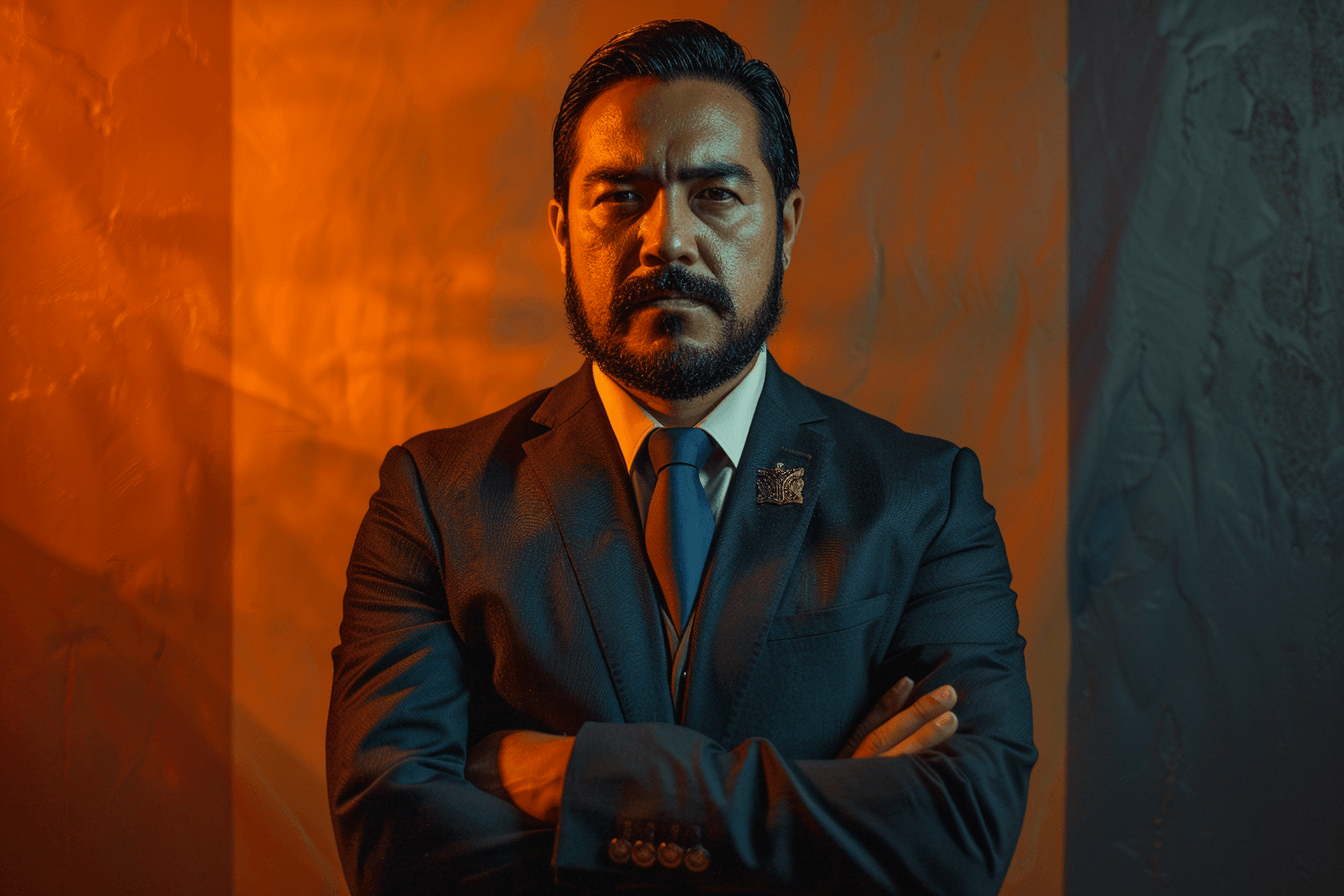The International Monetary Fund (IMF) is putting pressure on El Salvador. It's about the country's pro-Bitcoin policy. In the background there is a game for USD 1.4 billion.
International Monetary Fund vs. Bitcoin and El Salvador
Bitcoin has become a political topic. This can be seen during the current presidential campaign in the USA; previously, the topic of cryptocurrency appeared during the struggle for power in Argentina. Now the stakes are more serious. This concerns negotiations between the IMF and the government of El Salvador. The fund demands that the authorities in San Salvador withdraw their pro-Bitcoin policy.
Let's start from the beginning. President Nayib Bukele wants to receive a credit line worth USD 1.4 billion from the IMF. Objective? Accelerate the repayment of debts and other state obligations.
The problem is that the talks were suspended two years ago. Bukele did not agree to amend the Bitcoin law that established the cryptocurrency as legal tender in the country in 2021.
The fund makes it clear. Its communications director, Julie Kozack, said the fund sees considerable risk in El Salvador's policy. It results from the fact that the country recognizes BTC as a means of payment.
How did Bukele react to all this? Not only did he not withdraw from his actions, he intensified them. He announced that his government will purchase 1 BTC per day.
Alternative solution
However, the president's tough attitude does not change the fact that his country needs funds to repay its debts. Therefore, another source of financing was used – Volcano bonds. These are supposed to help you raise capital. However, they have not been broadcast yet. And we don't know when they will stay. Today, Bukele wants to raise money by issuing a similar instrument, but addressed to the American banking sector.
On the other hand, negotiations between the Salvadoran authorities and the IMF will resume on April 15. It is to be led by Ibrajim Bukele, the president's brother.
Will the Fund again put pressure on El Salvador to withdraw its policy? Probably yes. However, it is doubtful that the government will give in.

